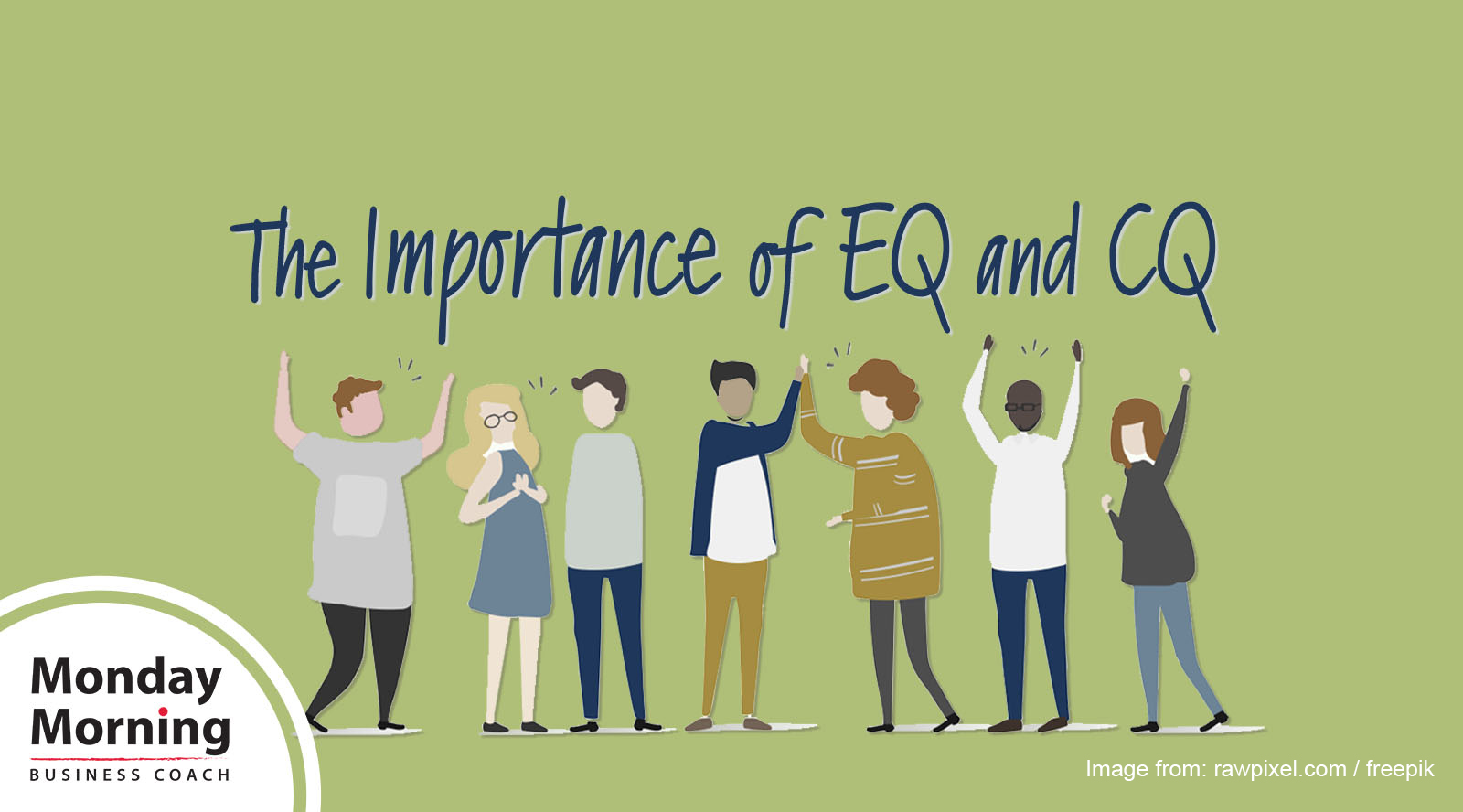In a recent post called Resources For Expanding Your World, we shared a link to a TedX with Julia Middleton about cultural intelligence (also known as CQ). Since then, a number of you have written to us asking why we feel it’s important, and how it differs from emotional intelligence (also known as EQ). Great question!
Over the past month, we’ve been talking about the importance of creating environments that are anti-racist, where all people are supported in creating success and given opportunities to contribute at their highest levels – we see both emotional intelligence and cultural intelligence as the keys to doing this successfully.
EQ is your willingness and ability to reflect on your emotions, other’s emotions, and then use that information to adjust your behavior accordingly. Research suggests that EQ makes a significant difference in whether you are a stellar leader or an average one.
CQ is similar but includes awareness and an honoring of different culture’s beliefs, norms, and approaches. It’s a deep interest in elevating your cross-cultural knowledge and learning how to act on that knowledge.
When people have confidence in their EQ, they believe they will be successful cross-culturally, and that isn’t always the case. In their own culture, they’re quick to read and respond to the cues about emotion, using sincerity, humor, or down-to-business behaviors appropriately. But what works well in one culture doesn’t always work in another. The context is different as are the views of good leadership, management, and respectful communication.
The importance of EQ and CQ is generally obvious in companies that have international offices or strong international relationships. It’s clear that you’ll come across other people on a daily basis who view life through a completely different lens from you.
Where CQ is equally important, but often not even a consideration, is here in the US. The people who work a desk apart may live cultural words apart outside the office. As a nation, we often forget that we’re made up of many, highly diverse cultures and the understanding of those different cultures is paramount to successful leadership.
In order to be most successful as a leader, it’s important to not only know and understand yourself and your own internal culture (your beliefs, ideals, customs, etc.) but to also be willing and open to learn and grow from others and understand their cultures (their beliefs, ideals, customs, etc).
When we enter into dialogue with an openness
to learn and an appreciation for differences,
people feel seen, heard, and respected.
You’ll not only find that you can foster deeper relationships, but you’ll learn and grow along the way.
This week, we’d encourage you to look around your world to see where you may benefit from greater EQ and CQ.
Let us know how it goes.


